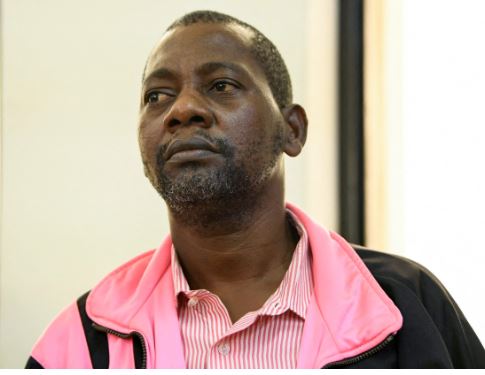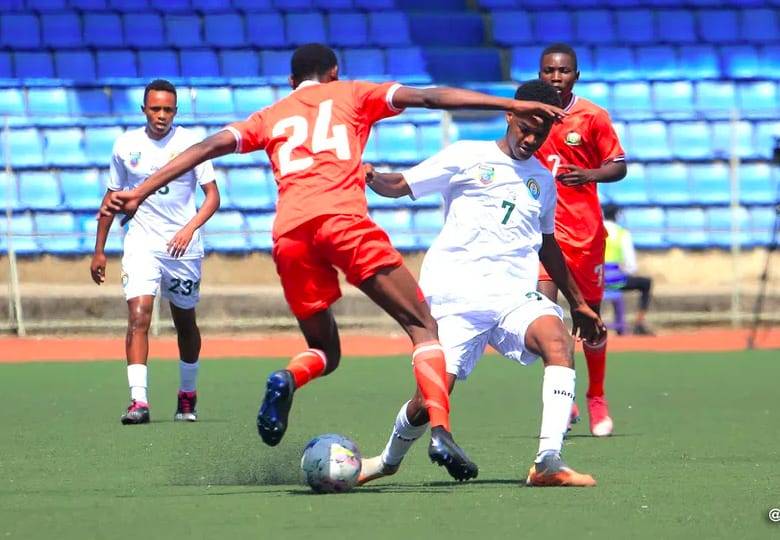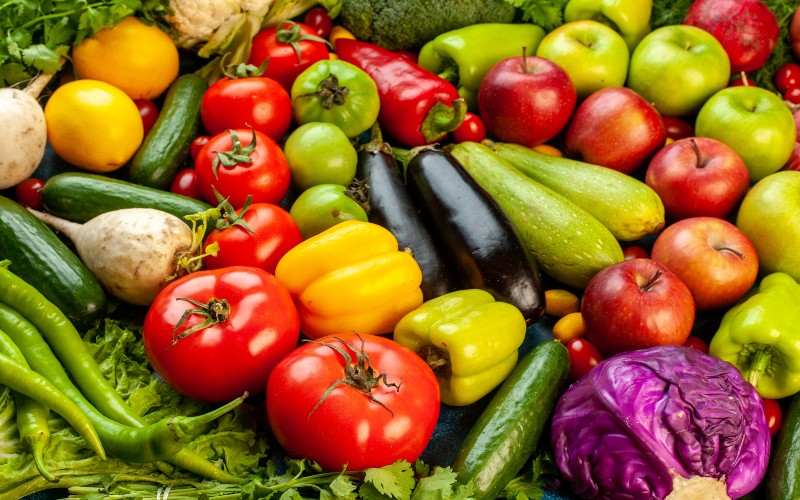Grace and Amy: The story of sisterhood behind UK’s first womb transplant birth

After their family is complete, the womb will be removed, allowing Grace to stop taking daily immunosuppressants that help prevent her body from rejecting the organ.
A 36-year-old woman has become the first person in the UK to give birth using a womb donated by her sister, marking a turning point for women without functioning uteruses who dream of carrying their own children.
Grace Davidson, born with Mayer-Rokitansky-Küster-Hauser (MRKH) syndrome, underwent a womb transplant in 2023.
The transplant was donated by her sister, Amy Purdie, who already had two children and had decided not to have more.
Two years after the procedure, in February, Grace gave birth to a healthy baby girl. The newborn has been named Amy in honour of her aunt.
Speaking to the BBC about the moment she first held her daughter, Grace described it as both "incredible" and "surreal."
“It was quite overwhelming because we'd never really let ourselves imagine what it would be like for her to be here. It was really wonderful,” she said.
The baby weighed just over two kilos and was delivered via Caesarean section at Queen Charlotte’s Hospital in west London.
Grace and her husband, Angus, who live in north London but are originally from Scotland, are now openly sharing their story after initially choosing to remain anonymous.
The couple told BBC they would like to have a second child using the same transplanted womb.
Remove womb
After their family is complete, the womb will be removed, allowing Grace to stop taking daily immunosuppressants that help prevent her body from rejecting the organ.
These drugs, while essential, increase long-term health risks and are not meant for indefinite use.
The transplant, which took place at Churchill Hospital in Oxford, was a major surgical undertaking involving more than 30 medical professionals and lasting about 17 hours.
The lead surgeon, Isabel Quiroga, described the procedure as "life-enhancing and life-creating."
Grace’s journey toward motherhood began years ago. She first spoke to the BBC in 2018 about her hopes of becoming a mother, initially considering her own mother as a potential donor.
When that option proved unviable, attention turned to her sister Amy.
By 2019, both sisters had begun the process of counselling and evaluation. Grace and her husband also underwent fertility treatment, resulting in several embryos being stored.
Mothering instinct
Grace explained why carrying her own child was so important, even though adoption and surrogacy were offered as alternatives.
“I have always had a mothering instinct. But for years I had been suppressing it because it was too painful to go there,” she said.
Amy, who gave up her womb to her sister, said she didn’t experience a sense of loss after the procedure because of the immediate benefit it brought to Grace.
Within two weeks of the transplant, Grace experienced her first period and became pregnant following her first round of IVF.
The couple’s daughter carries the middle name Isabel, a tribute to the surgeon who led the operation. Angus said naming their child after the two women who made her birth possible was an "absolute no brainer".
Professor Richard Smith, a gynaecological surgeon at Imperial College London and head of the organ retrieval team, has spent over 20 years researching womb transplants.
He said the birth offers hope to around 15,000 women of childbearing age in the UK who do not have a working womb. Of those, around 5,000 were born without one.
Two more transplants
Grace’s transplant was funded by Womb Transplant UK, a charity led by Professor Smith. The medical team involved volunteered their time, and the charity covered NHS costs. Smith said the charity has enough funds to cover two more transplants, each of which costs around £30,000 (Sh4.2 million)
The surgery Grace received is part of a larger clinical trial that aims to carry out 15 womb transplants, five from living donors and 10 from deceased ones. Since Grace’s case, surgeons have performed three more transplants using deceased donors.
No information has yet been released about the women who received those organs. According to NHS Blood and Transplant, extra consent is needed from families in such rare donation cases.
Professor Smith expressed his excitement about the milestone, stating that the success of Grace’s procedure and the birth of baby Amy show what is possible with determination, science, and teamwork.
For Grace, what started as an impossible dream became a reality through a combination of medical innovation and her sister’s sacrifice.
“It was incredibly difficult to let her do that for me,” she said. “It’s a huge act of sisterly love.”
Top Stories Today












































